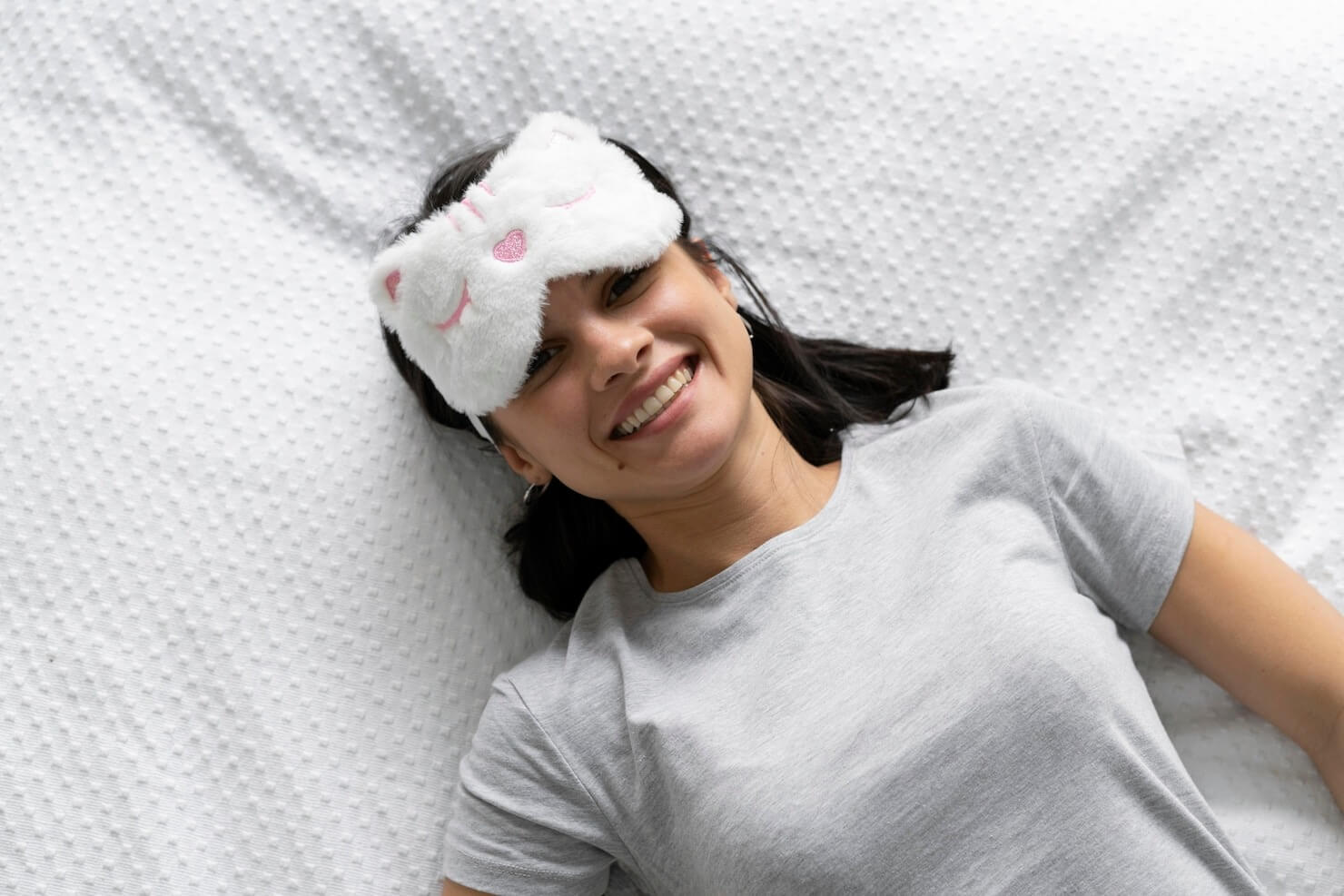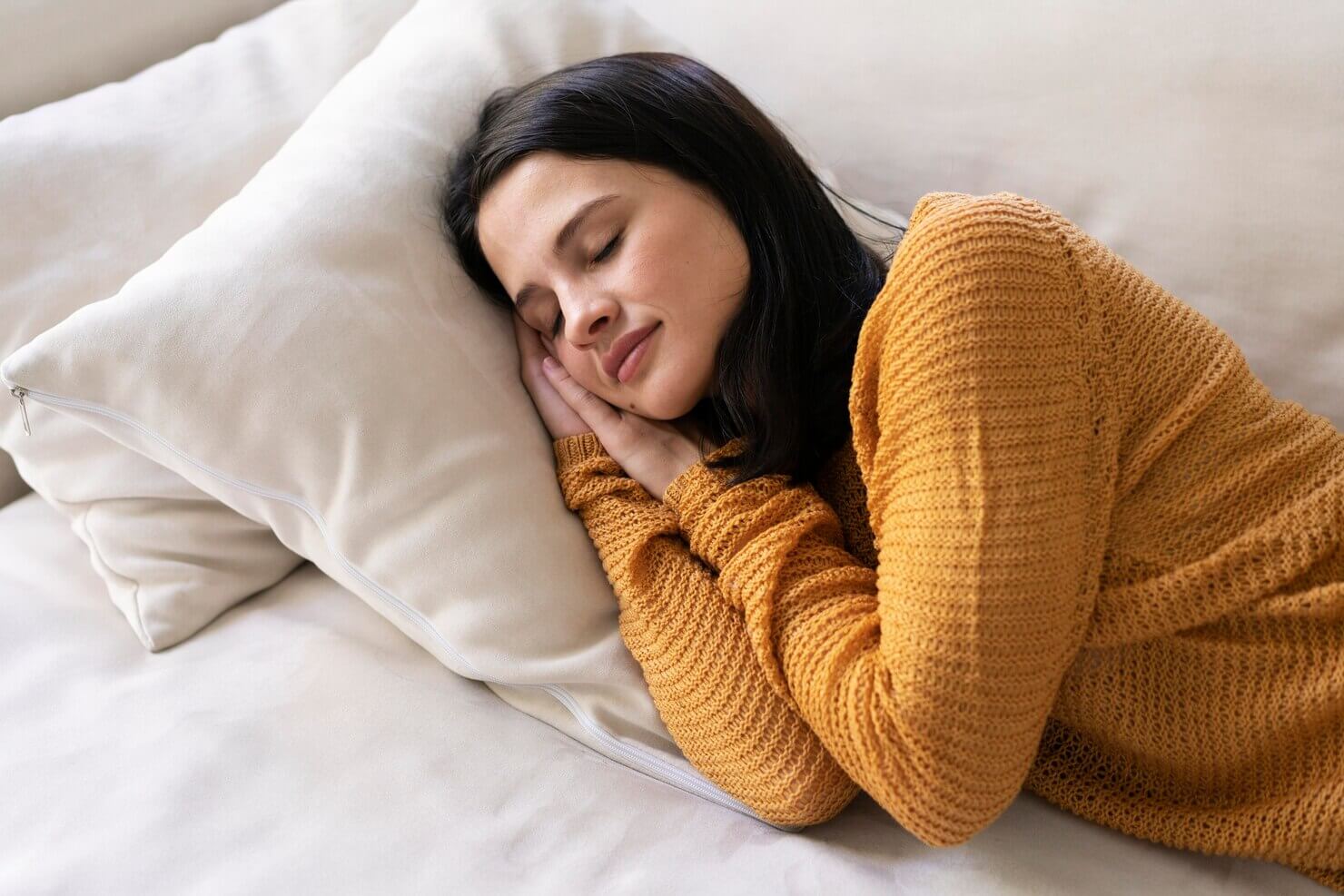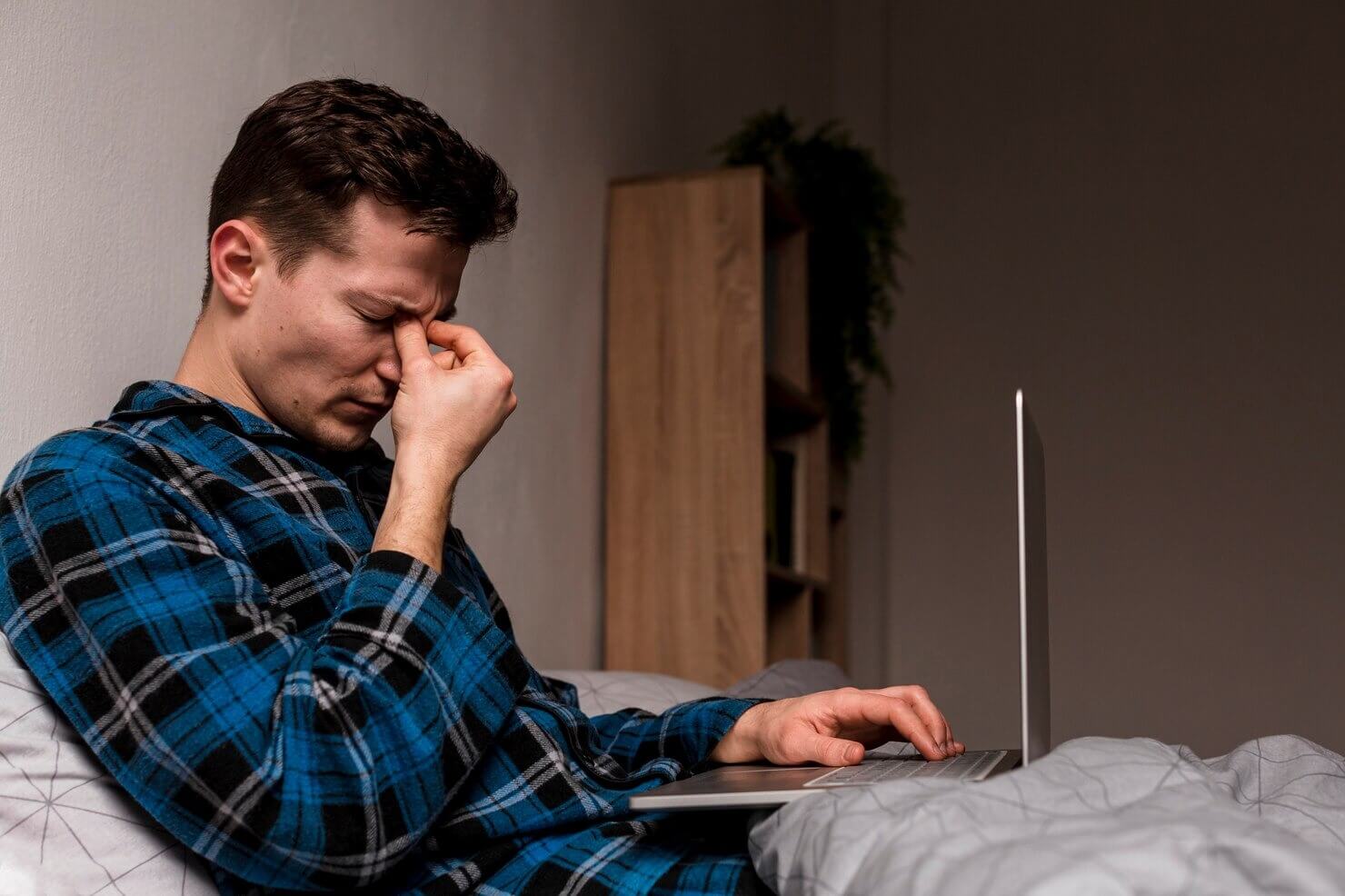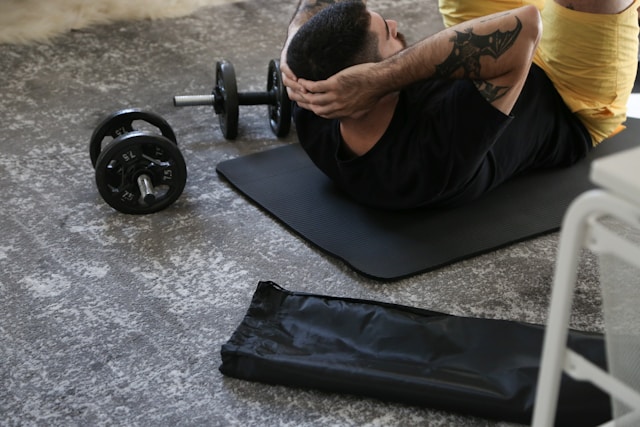As we move into 2025, the understanding of sleep science continues to evolve, and new research sheds light on the critical role of rest and recovery in overall health. While we’ve long known that sleep is essential for physical, mental, and emotional well-being, recent findings have deepened our knowledge of how sleep impacts everything from brain function to immune response. Advances in technology and scientific tools have enabled researchers to explore sleep cycles more thoroughly and uncover new insights into optimizing sleep for recovery.
In this article, we will explore the latest developments in sleep science, how the body recovers during sleep, and the emerging trends in optimizing rest for a healthier life in 2025.
1. The Importance of Sleep Cycles: Understanding REM and Non-REM Sleep
Sleep is divided into several stages, including Rapid Eye Movement (REM) and non-REM sleep, both of which play distinct roles in the recovery process. Recent studies have highlighted that each sleep stage serves a specific function, with REM sleep being essential for cognitive recovery and emotional regulation, while non-REM sleep facilitates physical repair and immune strengthening.
- Non-REM Sleep: This stage is crucial for tissue growth, muscle repair, and the release of growth hormones. The body’s energy is directed toward restoring physical health during this phase.
- REM Sleep: This phase is primarily associated with memory consolidation and emotional regulation. Brain activity during REM is high, which helps process complex emotions and stress.
Tip: Ensuring you get a full cycle of both REM and non-REM sleep each night (about 7-9 hours) is essential for optimal recovery.
2. Sleep’s Role in Immune Function
One of the most significant discoveries in recent sleep research is the connection between sleep and immune function. In 2025, scientists have found that sleep not only supports general immunity but also enhances the body’s ability to respond to vaccines and other medical treatments.
- Sleep Deprivation and Immunity: Lack of sleep impairs the production of cytokines, proteins that help fight infection and inflammation. New studies suggest that even short-term sleep deprivation can have long-lasting effects on immune function, increasing susceptibility to colds, flu, and other illnesses.
- Sleep and Vaccine Efficacy: Some research shows that people who get adequate sleep before and after receiving a vaccine have stronger immune responses compared to those who are sleep-deprived.
Tip: Prioritize sleep during cold and flu season to strengthen your immune system and improve overall health outcomes.
3. The Connection Between Sleep and Mental Health
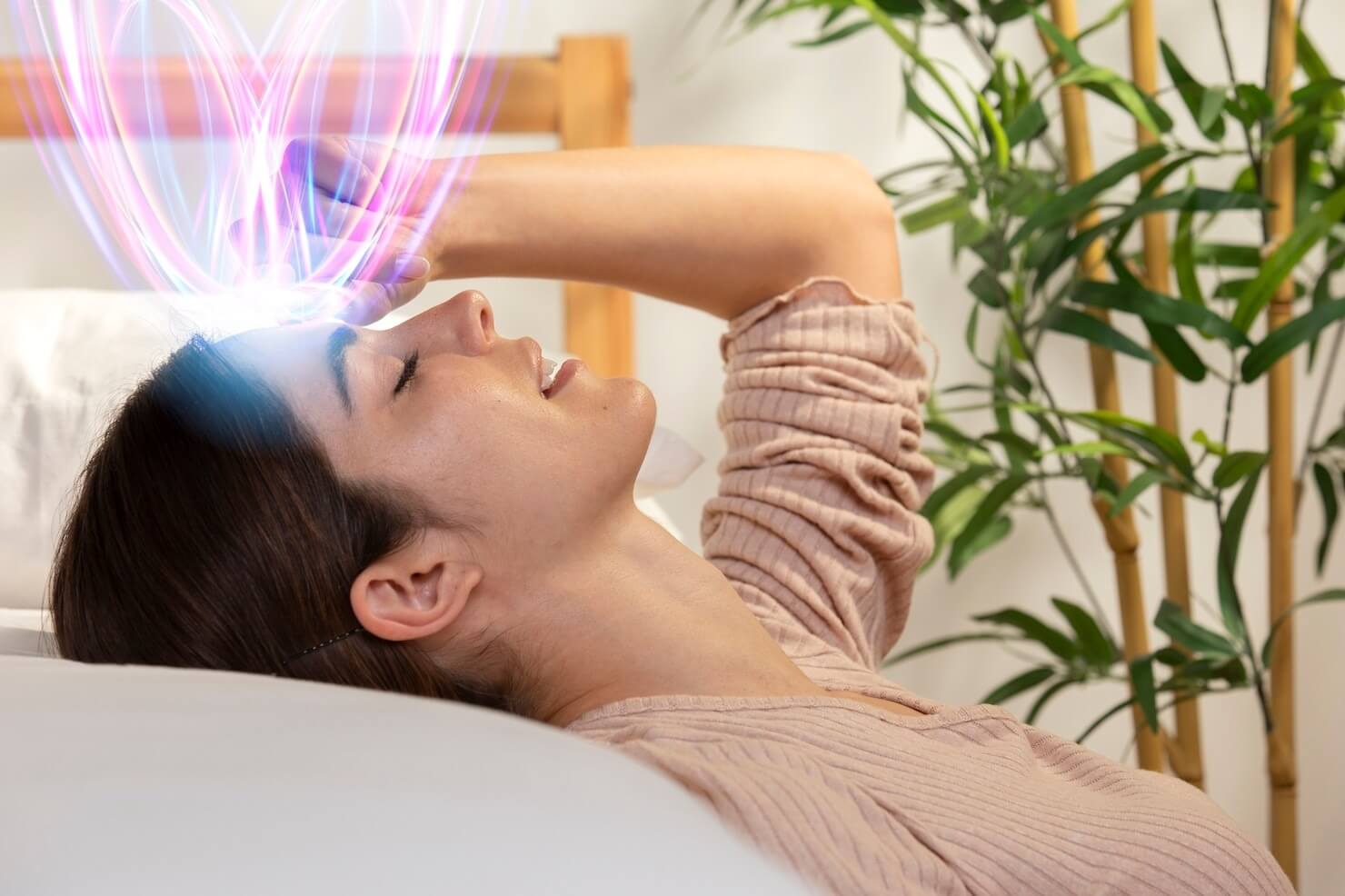
As mental health challenges become more prevalent, researchers in 2025 are focusing on how sleep can be a powerful tool for managing conditions such as anxiety, depression, and stress. Sleep disorders, such as insomnia, are often linked to mental health issues, creating a vicious cycle where poor sleep exacerbates mental health problems and vice versa.
- Sleep and Anxiety: Studies have shown that individuals with anxiety tend to have disrupted sleep patterns, particularly during REM sleep. Sleep helps the brain process stressful events and emotions, making it easier to manage anxiety during waking hours.
- Sleep and Depression: Research in 2025 suggests that improving sleep quality may be a viable treatment for depression. Cognitive behavioral therapy for insomnia (CBT-I) has proven effective in treating both insomnia and depressive symptoms.
Tip: If you’re experiencing mental health issues, consider seeking treatment that addresses both sleep and emotional health, as improving one can benefit the other.
4. The Rise of Sleep Technology
With advancements in technology, sleep tracking devices and apps have become even more sophisticated in 2025. These devices can now analyze sleep patterns in real-time, monitor heart rate variability, and even suggest personalized sleep routines based on your body’s needs. This year, AI-driven sleep tools are providing users with tailored sleep hygiene tips and alarms that wake you during the optimal sleep phase to minimize grogginess.
- Wearable Devices: Modern sleep trackers go beyond simply monitoring sleep duration. They track various sleep stages, measure respiration, and offer insights into how lifestyle habits, such as caffeine consumption or exercise, impact your sleep quality.
- Smart Mattresses and Pillows: Sleep technology has evolved to include smart mattresses and pillows that adjust firmness and temperature based on your body’s needs throughout the night.
Tip: Consider integrating a sleep tracking device or smart mattress into your routine to better understand your sleep patterns and make necessary adjustments for better rest.
5. Personalized Sleep Solutions: Tailoring Rest to Your Needs
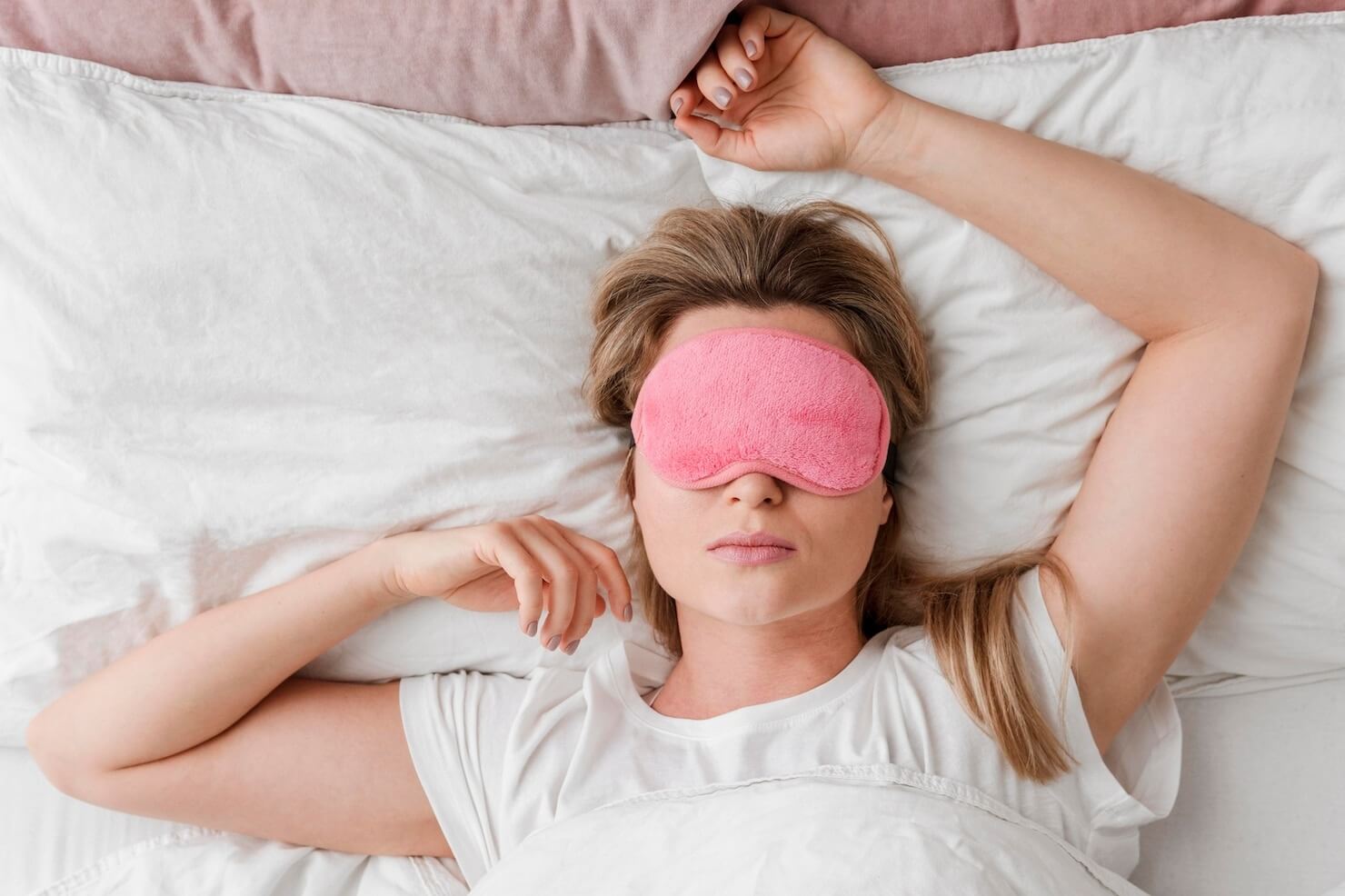
In 2025, personalization has become a key theme in sleep science. One-size-fits-all advice for sleep is being replaced by personalized sleep plans based on genetic testing, lifestyle factors, and individual needs. Sleep specialists are using data to help people optimize their sleep environment, diet, and habits for better recovery.
- Chronotypes and Sleep Timing: Personalized sleep solutions take into account your chronotype (whether you’re a night owl or an early bird) and suggest sleep and wake times that align with your natural circadian rhythm.
- Sleep Environment: Research has also shown that factors such as bedroom temperature, lighting, and noise levels can significantly impact sleep quality. Tailoring your sleep environment to suit your needs—such as using blackout curtains or white noise machines—can improve the quality of your rest.
Tip: Work with a sleep specialist or use advanced tracking devices to develop a sleep plan that fits your specific needs.
6. Sleep and Athletic Performance
In 2025, athletes and fitness enthusiasts are paying more attention to how sleep impacts their performance and recovery. Studies show that sleep is critical for muscle recovery, injury prevention, and improved athletic performance.
- Recovery and Sleep: Deep, restorative sleep allows the body to repair damaged muscle tissue and replenish energy stores. Athletes who prioritize sleep experience quicker recovery times and fewer injuries.
- Performance Enhancement: Improved sleep has been linked to better reaction times, coordination, and endurance, all of which are crucial for athletic performance.
Tip: Athletes should aim for at least 8 hours of sleep per night and consider short naps during the day to enhance recovery.
7. Sleep Supplements and Natural Aids
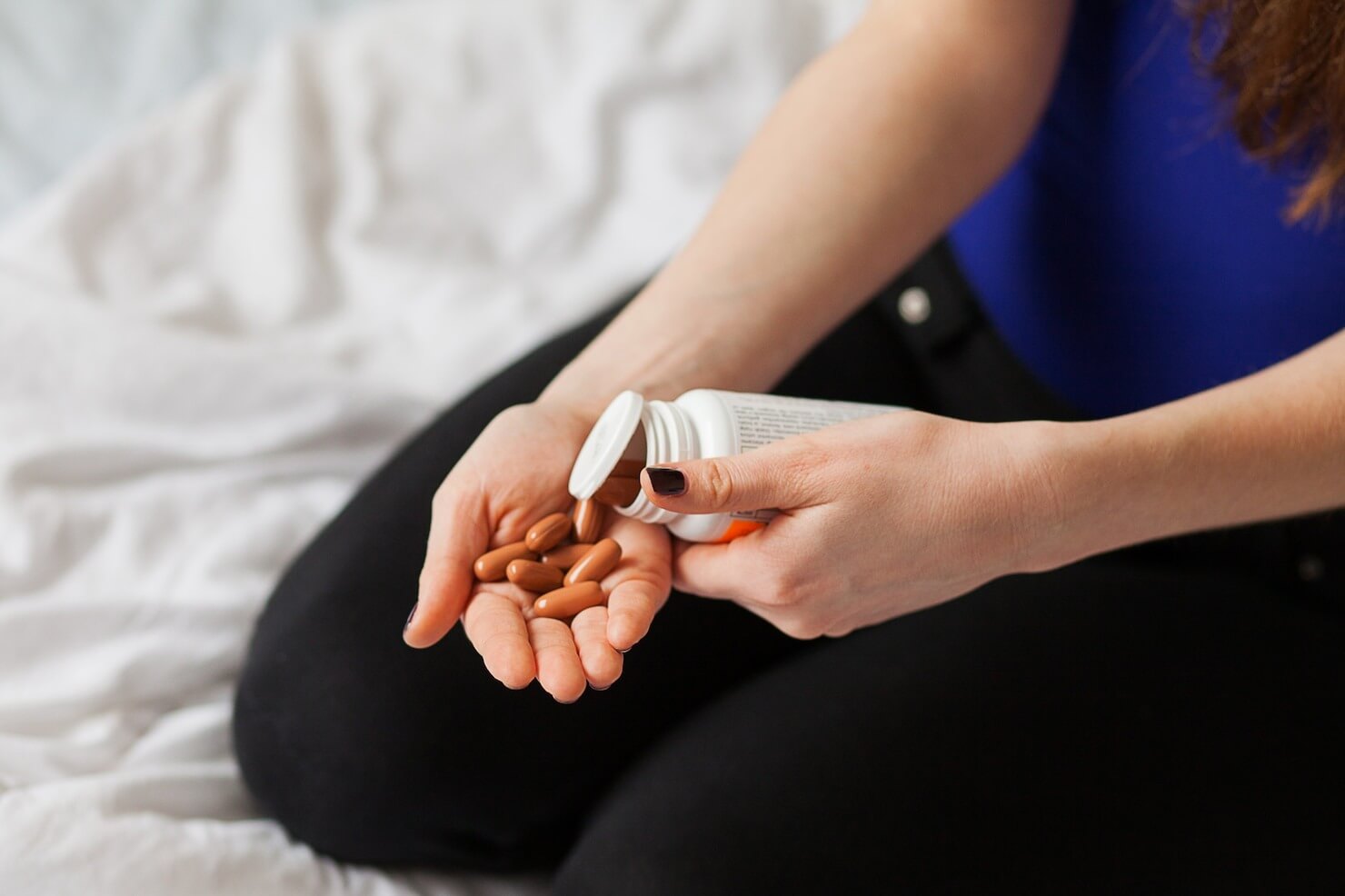
In 2025, sleep supplements like melatonin, magnesium, and herbal teas remain popular, but researchers have found that the effectiveness of these aids depends on timing, dosage, and individual needs. While these supplements can help ease the process of falling asleep, they should be used cautiously, especially if you’re also working on improving sleep habits.
- Melatonin: Helps regulate the sleep-wake cycle, particularly for people dealing with jet lag or shift work.
- Magnesium: Known for its calming effects, magnesium supplements are often used to improve sleep quality by relaxing muscles and promoting deeper sleep.
Tip: Before trying supplements, consult with a healthcare provider to ensure they align with your sleep goals and overall health.
8. The Future of Sleep Science
As we look to the future, sleep science will continue to advance with cutting-edge research into areas like lucid dreaming, the impact of diet on sleep quality, and how light exposure affects circadian rhythms. The next wave of sleep innovation will likely focus on refining personalized sleep solutions and integrating AI-driven insights into daily routines.
Frequently Asked Questions (FAQs)
Q1: How much sleep should adults aim for each night?
Most adults need between 7-9 hours of sleep per night to function optimally. However, individual needs may vary based on genetics, lifestyle, and overall health.
Q2: Can technology like sleep trackers really improve sleep quality?
Yes, modern sleep trackers can provide valuable insights into your sleep patterns, allowing you to make adjustments to your habits, environment, and routines. However, they should be used as a tool, not a substitute for good sleep hygiene.
Q3: What’s the best way to manage insomnia?
Cognitive Behavioral Therapy for Insomnia (CBT-I) is one of the most effective treatments for insomnia. It involves identifying and changing the thoughts and behaviors that contribute to sleep problems.
Q4: How does sleep impact mental health?
Sleep plays a critical role in regulating emotions and managing stress. Poor sleep can exacerbate mental health issues like anxiety and depression, while improving sleep can lead to better emotional well-being.
Q5: Are naps beneficial for recovery?
Short naps (10-20 minutes) can be an excellent way to recharge during the day, especially for athletes or individuals with demanding schedules. However, longer naps may interfere with nighttime sleep if taken too late in the day.

